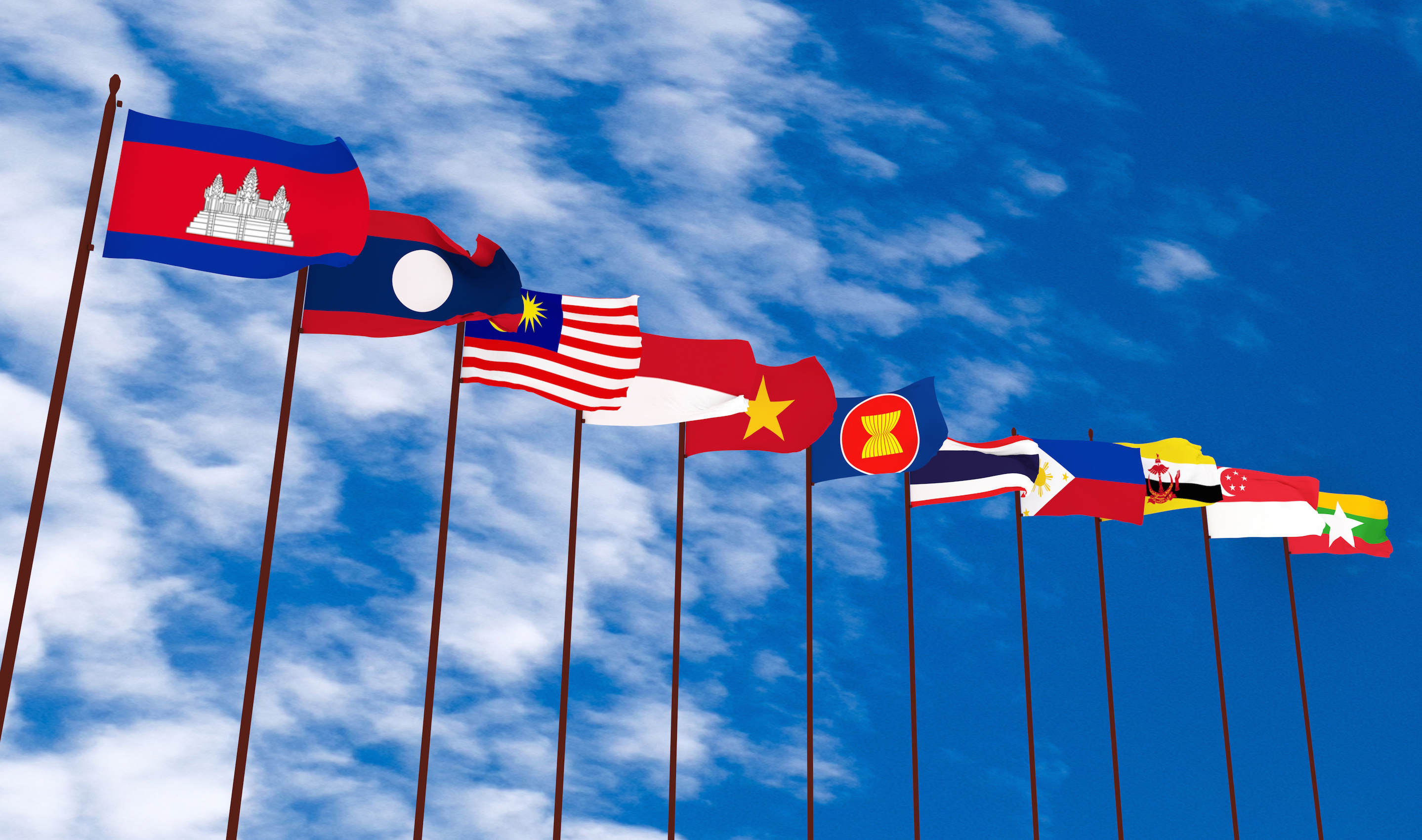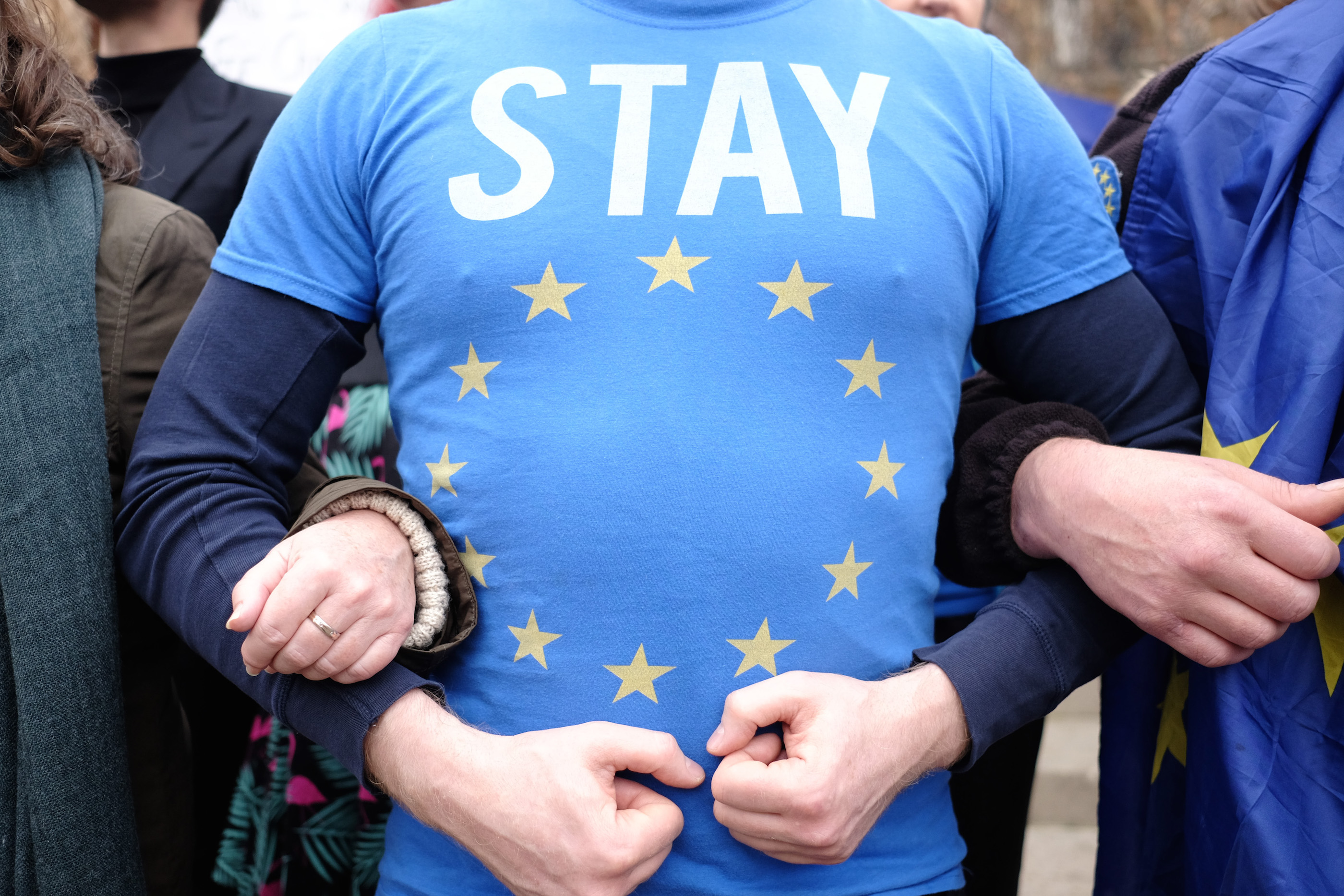
Arts & Culture
Brexit: Over and out

As member states seek to protect their national interests, the benefits of ASEAN membership must be made clearer
Published 10 January 2017
The result of the 2016 UK referendum in favour of leaving the European Union stunned Europe and the world. In the context of the current uncertainty surrounding the negotiations between the UK Government and the EU regarding Brexit, expectations and understandings of regionalism and integration will need to be reassessed.
In Asia, Britain’s exit will have far-ranging effects on how European integration is perceived and trigger reassessment of ASEAN’s own endeavours. How will ASEAN cultivate its relationship with the EU? If, in the words of the UK’s Prime Minister Theresa May, ‘Brexit means Brexit’, what does it mean for ASEAN?
The EU has always been perceived as primarily an economic entity characterised by trade and aid in its engagement with ASEAN. There is a certain persistent scepticism in Asian official circles about Europe’s approach to integration, especially regarding its pooling of sovereignty and decision-making on what are regarded as core roles of the state.

The Brexit crisis has to an extent reinforced the view that the EU is not a body to be replicated elsewhere, and that ASEAN and the EU are distinct. But this idea has been around for quite some time in Asia.
While some argue the Brexit referendum result has threatened the EU’s example of regional integration, the idea that the EU was ever an archetype of integration has long been dismissed by scholars, practitioners and the public. Brexit will likely consolidate existing perceptions in Asia about the EU — that European style integration has little relevance for ASEAN, even though there are some areas of inspiration — as opposed to triggering novel insights with regard to the nature of regionalism.
But ASEAN must remain modest. ASEAN’s differences and idiosyncrasies have been emphasised to prove that similar exits by ASEAN states are unlikely in contemporary Asia.
ASEAN’s unique features are not necessarily strengths. ASEAN elites must avoid the temptation to condescendingly chide the EU for perceived failings. ASEAN needs to strike a fine balance between gaining self-confidence and remaining modest so as not offend its partners.
This is because many of the concerns surrounding European regionalism are also relevant to Asia.
The UK has been an ‘awkward’ partner of the EU since it joined in 1973. So what can we learn from Brexit about difficult or reluctant member states or partners of regionalism in ASEAN?
Might Indonesia, for example, prefer to pursue its own ‘awkward’ stance within ASEAN? Or Vietnam? How might ASEAN deal with the need for public awareness and education, public trust in ASEAN as a regional organisation, issues of social and economic inclusion and the rise of nationalism? After all, nationalism is at the heart of ASEAN and featured prominently in the Brexit referendum.

For regional organisations such as ASEAN and the EU, managing the domestic temptation to treat regional bodies as scapegoats for political failures is crucial. They need to develop clear strategies in order to maintain relevance and to provide clear benefits to their citizens.
The Brexit campaign was remarkable for the absence of discussion regarding the domestic benefits of EU membership. ASEAN and the EU must reconsider how they maintain a balanced narrative of both modesty regarding their achievements and confidence that regionalism brings benefits to citizens.
As Paul Taylor has pointed out, the achievements of European integration — peace, open markets and open borders — have been overlooked or taken for granted and have been replaced with concern about ‘a loss of national identity, and remote, unaccountable rulers’.

Arts & Culture
Brexit: Over and out
The shock of Brexit has brought all of these themes to the fore. How Asian regional bodies respond to these concerns and expectations, and how the EU–ASEAN relationship is affected by these issues will be important questions for the future.
The resort to national interests is not only a UK approach. All ASEAN members seek to protect national interests. Yet their elites have all, to date, recognised the benefits of ASEAN membership. The UK case illustrates the dangers of emphasising the cost of membership to a regional body when its national leaders do not promote or even recognise the benefits of such a grouping.
The EU will continue to advance its case for closer strategic engagement with ASEAN. It will do so without the UK. The EU’s Foreign Policy chief, Federica Mogherini, has made clear to Asian partners that the EU seeks to be more embedded in the region.
As for the UK, post-Brexit it will seek to consolidate its relations with its Asian counterparts, but from a starkly different starting point — it has not negotiated trade deals since it joined the EU in 1973, as this is an EU policy competence. Beyond ASEAN, it will have its hands full re-establishing its place in the world outside of the EU and will need to renegotiate a plethora of deals, including within the WTO. It will be a steep learning curve for the UK — and ASEAN may well wish to take advantage of this.
This article was first published in East Asia Forum, a platform for analysis and research centred on the Asia Pacific region.
Banner Image: The flags of the ASEAN, and the member countries. Artwork: Shutterstock